Question And Answer
Publications
Articles, publications, books, tools and multimedia features from the U.S. Institute of Peace provide the latest news, analysis, research findings, practitioner guides and reports, all related to the conflict zones and issues that are at the center of the Institute’s work to prevent and reduce violent conflict.
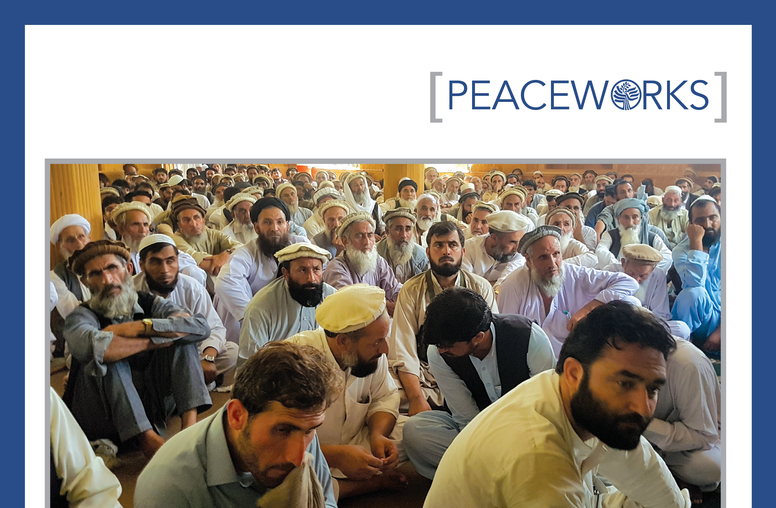
The Political Deal with Hezb-e Islami
The deal signed with Hezb-e Islami in September 2016 was the Afghanistan government’s first major success at negotiating a peace agreement with an insurgent group. This new report examines how the deal was negotiated, what progress has been made on its implementation, and what lessons can be applied to prospective peace talks with the Taliban.
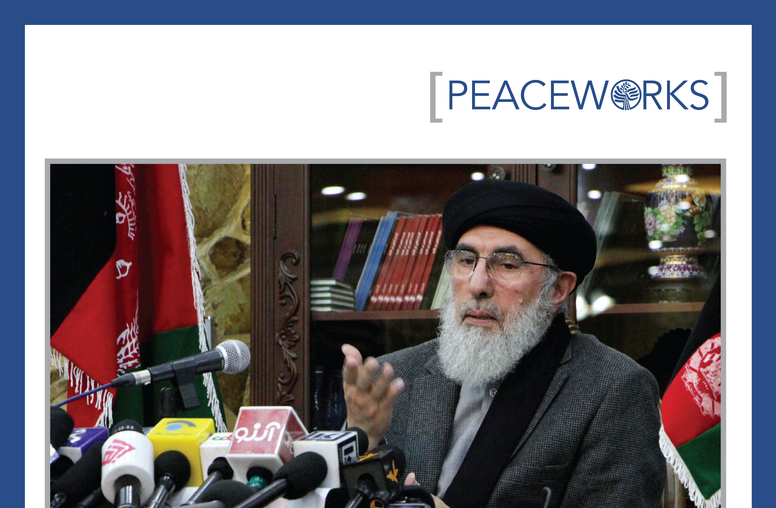
Hezb-e Islami, Peace, and Integration into the Afghan Security Forces
With an eye to an eventual end to the Afghan insurgency, this report examines the struggle within Afghanistan’s National Unity Government over the country’s security sector and the related impact on the recruitment of Hezb-e Islami commanders and fighters in the security forces as agreed to under a 2016 peace deal.
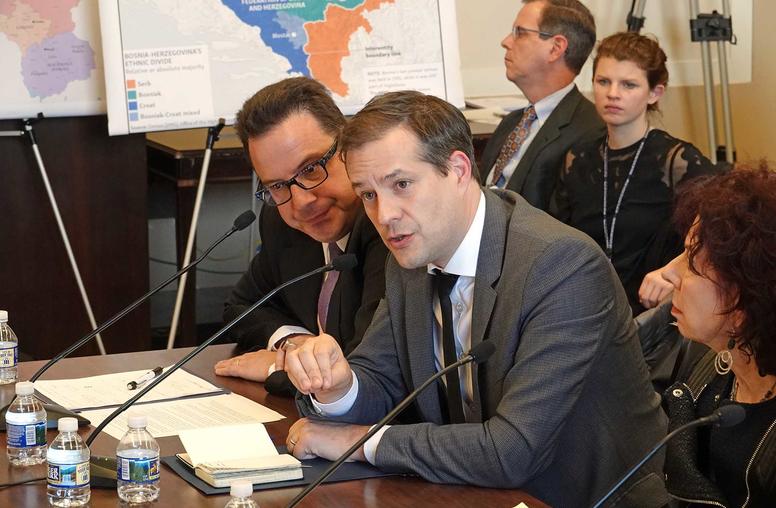
The Dayton Legacy and the Future of Bosnia and the Western Balkans
Phillipe Leroux-Martin testifying in front of the House Foreign Affairs Committee on April 18, 2018.

Scott Worden on The Asia Foundation's 13th Annual Survey of the Afghan People
On the heels of the Asia Foundation's 13th annual Survey of the Afghan People, Scott Worden discusses key findings, trend lines, reasons for optimism and important points of concern that stem from the
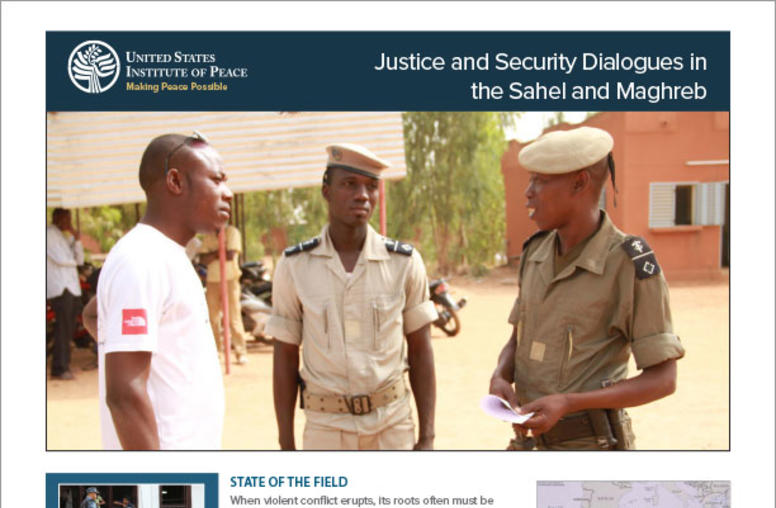
Justice and Security Dialogues in the Sahel and Maghreb
When violent conflict erupts, its roots often must be found and healed at the community level. Amid such turmoil, however, government officials, police, and community leaders are likely to mistrust each other—a breakdown in relations that opens space for security threats, including violent extremism and organized crime.
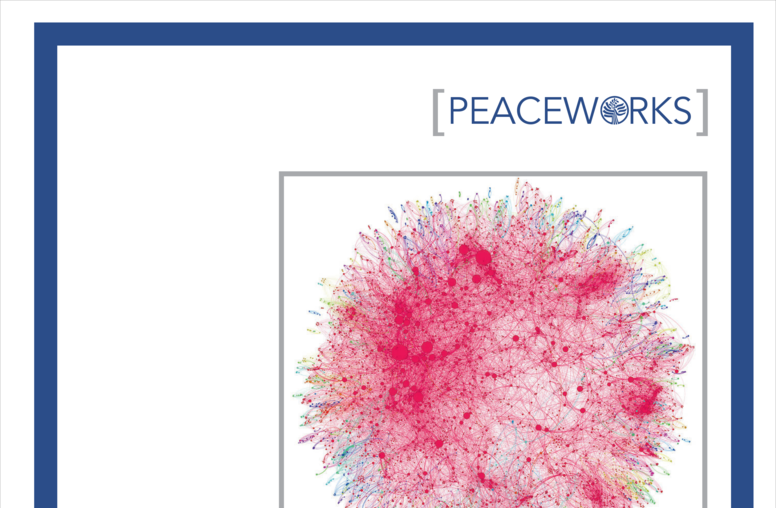
Systems Thinking for Peacebuilding and Rule of Law
Many peacebuilding interventions seeking to support rule of law get stuck. The reason they get stuck may have little to do with the law and its technical dimensions and more with a tendency to treat certain rule of law systems as if they were...
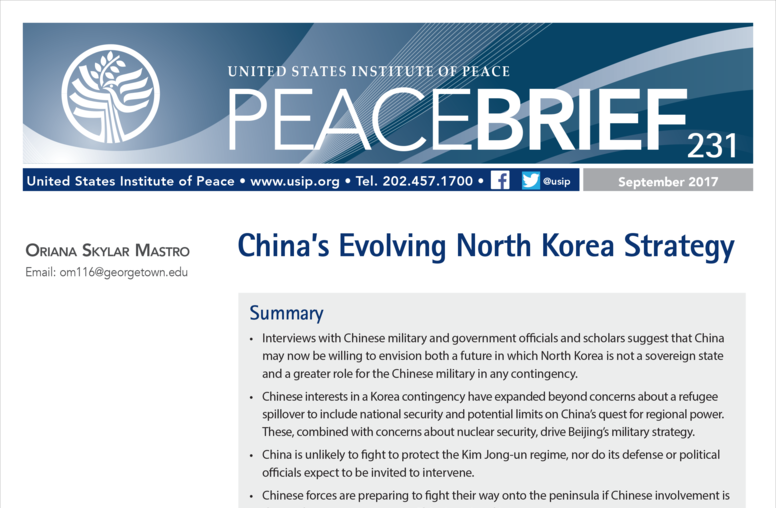
China’s Evolving North Korea Strategy
Despite Pyongyang’s recent ballistic missile and nuclear activity and threats, Beijing continues to resist US requests to apply greater economic pressure on North Korea. This measured response aside, nuanced but highly significant changes in China’s thinking on North Korea are clear. China may now be willing to envision both a future in which North Korea is not a sovereign state and a greater role for the Chinese military in any contingency. This Peace Brief reviews this thinking as well as potential Chinese motivations to intervene militarily in a Korea contingency and the implications for US policy.
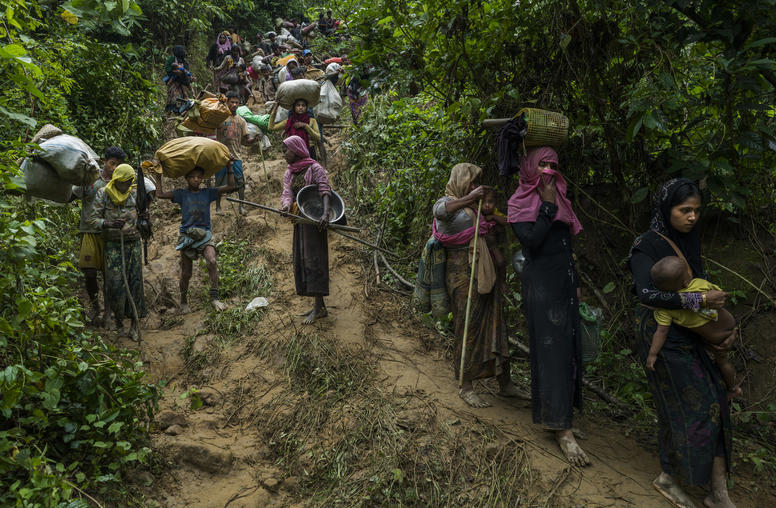
No Quick Answers on Burma’s Rohingya, Mitchell Says
The crisis of Burma’s Rohingya minority, with an estimated 164,000 already having fled to neighboring Bangladesh, can’t be resolved with any quick strokes such as sanctions or diplomatic pressure, said Derek Mitchell, a former U.S. ambassador to Burma and a senior advisor at the U.S. Institute of Peace.
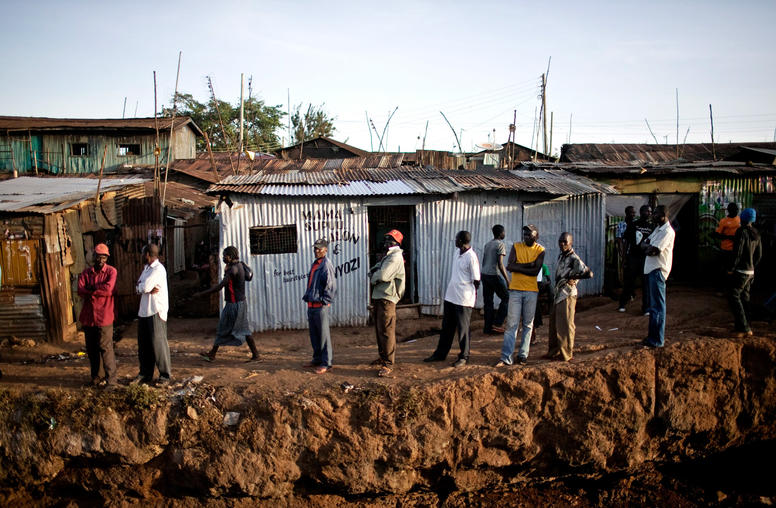
Surprise Election Ruling Raises Tension Over Kenya Vote
Kenyan President Uhuru Kenyatta called for calm after the country’s Supreme Court annulled his re-election, citing “irregularities.” He said he would accept the court’s order for a new election, similarly to the decision last month by his opponent, Raila Odinga, to challenge the election results in court...
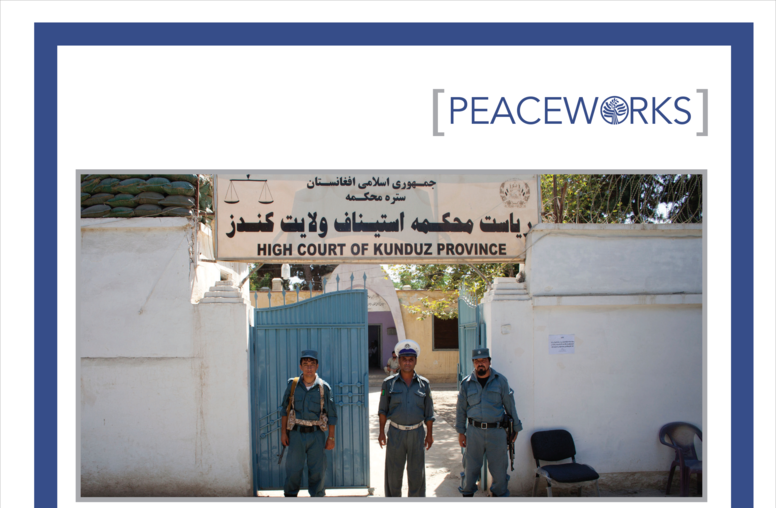
Rule of Law, Governance, and Human Rights in Afghanistan, 2002 to 2016
In the wake of the 2001 invasion, Afghanistan is a cautionary tale about underfunded, underplanned, and undercoordinated development agendas. Derived from extensive fieldwork, numerous interviews, and desk research into primary and secondary sources, this report examines the successes and failures in Afghan reconstruction over fifteen years to suggest ways to consolidate gains in rule of law, human rights, and good governance over the long term.